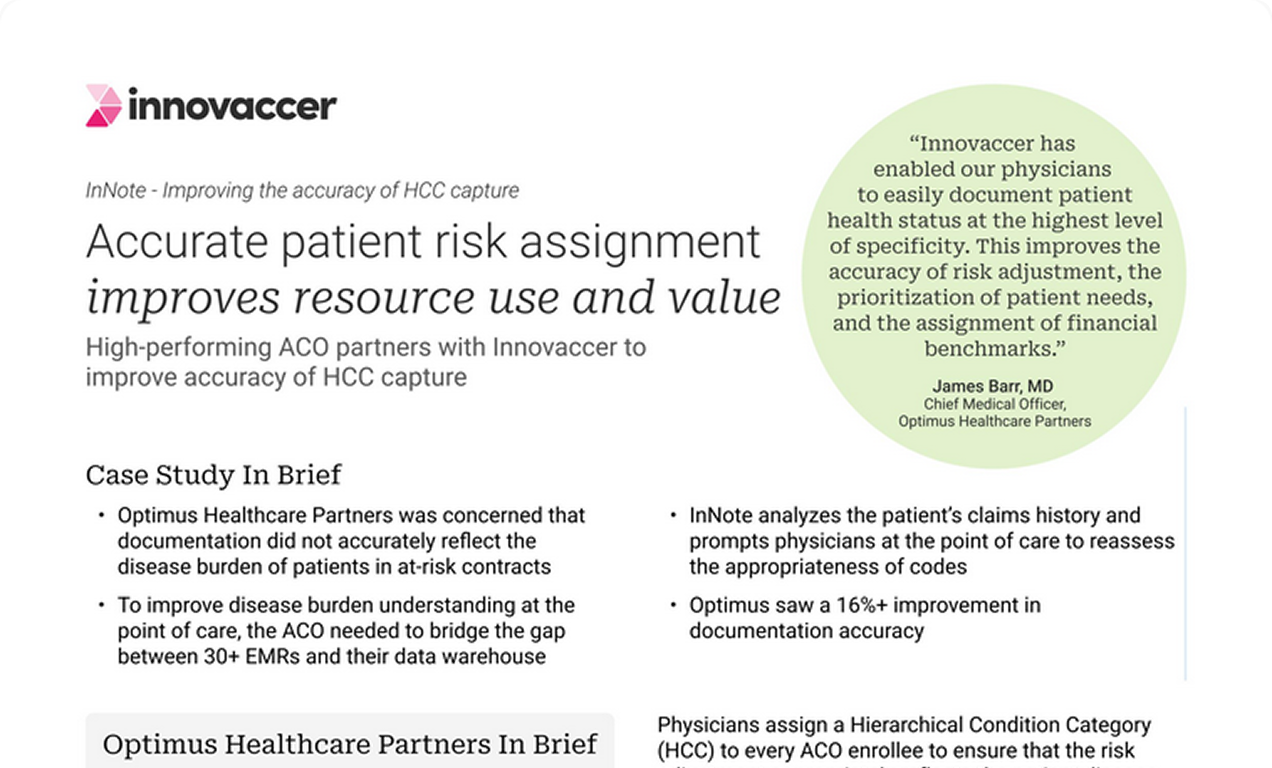How can Medicaid Management Improve Population Health?

The Centers for Medicare and Medicaid Services (CMS), has stated that healthcare spending is projected to grow at an average annual rate of 5.4% between 2019 and 2028, reaching over $6 trillion in total spend by 2028.
In 2018, healthcare spending in the United States reached $3.6 trillion. Of this magnanimous amount spent on healthcare in 2018, 16% or almost $600 billion was spent on Medicaid. Currently, Medicaid accounts for one out of six dollars spent on healthcare and covers approximately 72 million people, which is equivalent to one in every five. Prior to COVID-19, enrollment in Medicaid programs was projected to be minimal throughout 2020. However, the enrollments have skyrocketed and so has Medicaid spending.
Impact of COVID
The overall utilization of the healthcare system was drastically reduced due to stay-at-home orders and social distancing guidelines. Health systems nationwide saw a deep decline in emergency visits. Most of these visits resulted from cases such as heart attack, strokes and chronic disease complications. Most hospitals canceled elective surgeries and outpatient visits which resulted in primary care services plummeting to less than half their usual levels.
This sudden rise in Medicaid enrollment across the country, after an overall low, stems from increased unemployment and streamlined enrollment processes. Currently, both Medicaid enrollment and spending are increasing due to the high unemployment rate that has left millions without access to healthcare coverage sponsored by their employers.
Holistic care with Medicaid plans
In the COVID-19 recovery landscape, Medicaid managed care plans can contribute to the nation’s physical, behavioral, and social wellbeing by investing in several key strategies. These include: supporting community health centers, rural hospitals, and community-based organizations; training and hiring community health workers; and providing resources for coordinating entities.
The trend of holistic care was born out of the observation that poor social determinants of health have often led to low adherence to treatment plans. Some of the key social determinants of health that influence Medicaid utilization management include:
- Access to resources that are needed to meet daily needs, such as safe housing, food, etc.
- Access to reliable transportation
- Access to basic safety and social support resources
Without these resources, patients are much less likely to adhere to prescribed treatment plans, increasing Medicaid utilization over time. Assessments for social determinants of health can better identify these patients, and providers can work with them to enroll with a care coordinator or care management program.
New age Medicaid Management
For providers, it is important to balance quality of care with long-term savings in Medicaid plans. Comprehending the unique social needs of your Medicaid population and looking beyond clinical data is essential to align the right patients with the right care at the right time. To assist the influx of patients with a myriad of issues a smarter Medicaid management system is required. A modern Medicaid management system should:
- Utilize data from claims, risk and quality scores to give a comprehensive view of the Medicaid population.
- Cater to the unique patient needs.
- Identify and address the applicable social determinants of health (SDoH).
- Help providers improve quality and provide actionable insights.
- Improve outreach to patients to educate and engage them to improve health outcomes.
- Take your cost management initiatives to the next level.
Conclusion
Ensuring that patients have the support and services they need to receive the highest quality care at the lowest cost is key to better outcomes in Medicaid plans.
By implementing more holistic and smarter Medicaid management systems, organizations will be better equipped to increase treatment adherence and reduce the likelihood of over-utilization. As healthcare becomes more data-driven, healthcare networks and providers need to track, analyze, and report on more data than ever before. And smart management tools come in handy.
Innovaccer’s solution suite allows providers to utilize multiple levers to manage cost, quality and utilization outcomes of Medicaid lives. The FHIR-enabled Data Activation Platform improves collaboration and eases data sharing in a secure environment.
To learn more about the platform click here.


.png)






.avif)









.svg)
.svg)

.svg)

